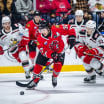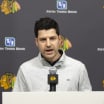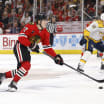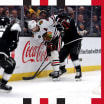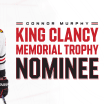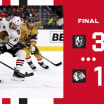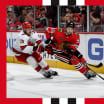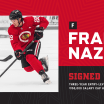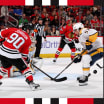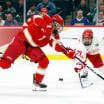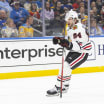A year ago, Jeremy Colliton was getting ready to coach his second season with the Rockford IceHogs of the AHL.
In a rather stunning turn of events, Colliton found himself behind the bench of the Blackhawks a month-and-a-half or so later, replacing Joel Quennville. Colliton's focus now is to get the Blackhawks ready for the 2019-20 season and with less than two weeks until Opening Night against the Flyers in Prague, the 34-year-old is busy preparing his team.
Still, Colliton found time to sit down with Blackhawks Senior Writer Chris Kuc to discuss taking over the storied franchise, his coaching style and strategies, balancing work and family life and more.
FEATURE: One-on-One with Jeremy Colliton
During his first Training Camp, Jeremy Colliton sat down with Blackhawks.com to get to know his coaching style, strategies and life outside of hockey
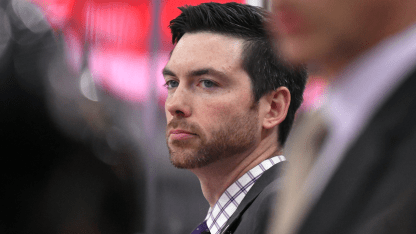
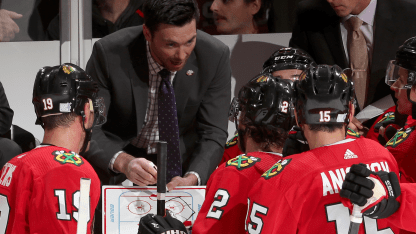
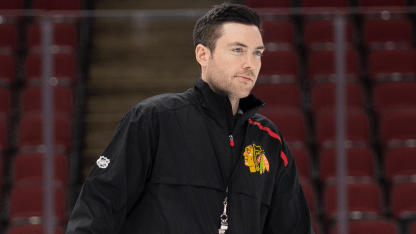

Andrew Shaw's return to the United Center

